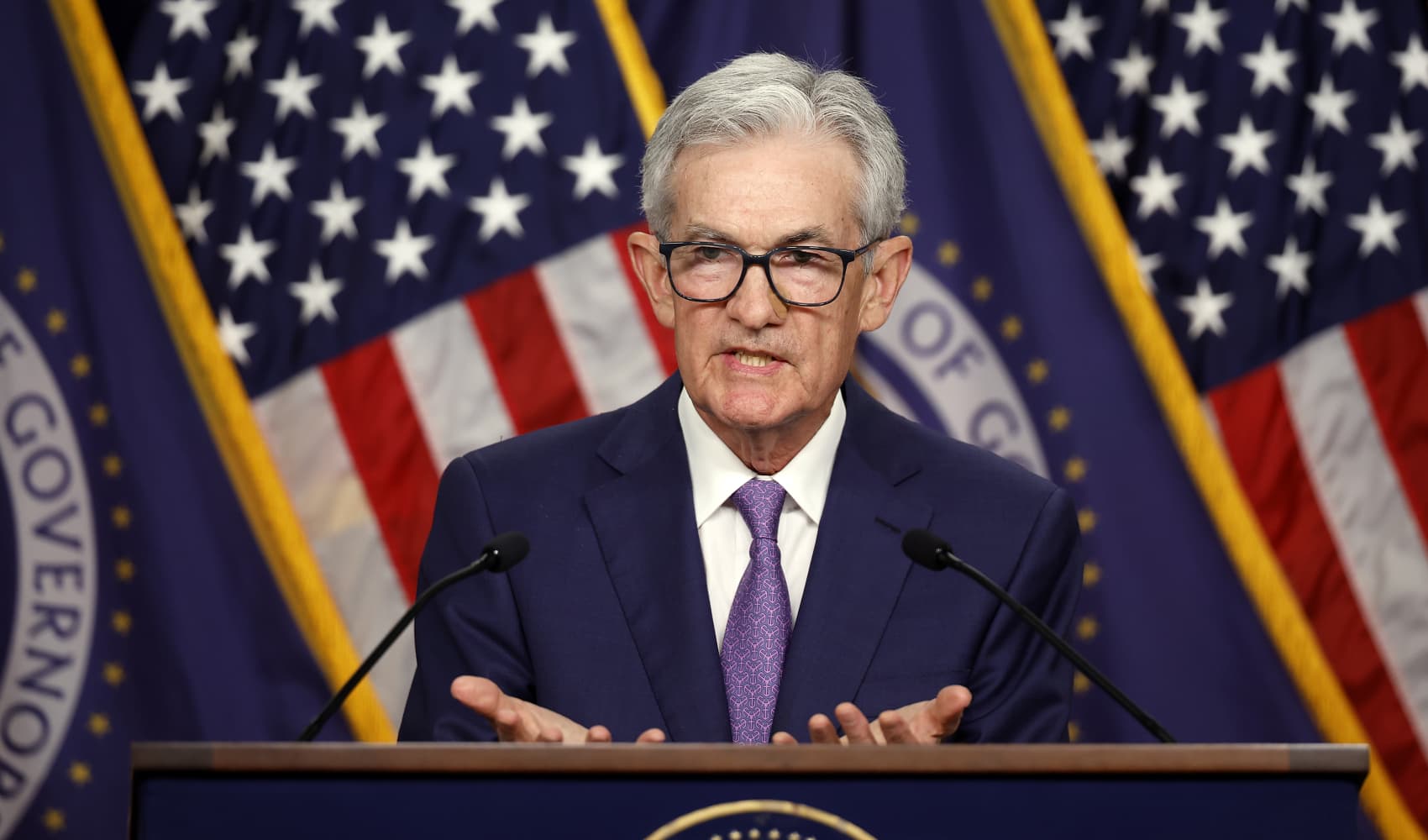
As a travel reporter, Victoria M. Walker knows that planning a vacation, even if it's just for yourself, requires some mental and financial gymnastics. Add others to the trip and the logistics become an entirely different beast.
"I'm not a fan of group trips," she says. "I'll never be a fan. The older I get the more I'm kind of solidified in my beliefs."
Walker travels five to six times per year, but she's only been on five group trips total. Still, despite her aversion she says she's had some fun on larger vacations. "I say this, but I just came back from a fantastic group trip," she says.
Even if, like Walker, you prefer to travel solo, there are some destinations that are better enjoyed with company. To make those trips go as smoothly as possible, Walker has some tips.
Do: Talk about budget.
"As someone who is a travel writer, I'm aware of the numerous mark-ups that come with traveling and I'm completely fine with that," she says.
Get Tri-state area news and weather forecasts to your inbox. Sign up for NBC New York newsletters.
However, most people aren't. Communicate how much you plan to spend ahead of time. This goes for bigger expenses like the hotel, but also smaller costs like meals.
Money Report
"For whatever reason people never seem to factor in food," she says. "You'll get to a dinner and someone will say, 'Oh this is way too expensive.'"
Having a conversation about how many fancy dinners you want to have, what it will cost, and what you would ideally want to spend, in total, on breakfasts and lunches is crucial.
Do: Set deadlines.
Winery tours, concerts, outdoor excursions, all of these cost money and do have to be booked in advance. Let others in your trip know by what date they need to commit to these plans.
"Set reasonable deadlines for having activities booked," Walker says.
This way, no one is expecting that they can join or drop out last-minute.
Don't: Be inflexible.
If someone discloses their budget and it is lower than yours, try to compromise.
"Don't set unreasonable expectations," Walker says. "If you know somebody is on a budget you can't say, 'Oh we want to stay at a $3,000-a-night hotel.' If budget constraints have been communicated beforehand, I think there is room for some middle ground."
If you do want to splurge on a hotel room or a meal, don't expect everyone to come with you.
"Not having a candid conversation about budgeting is why these types of trips can go wrong," Walker says.
Want to be a successful, confident communicator? Take CNBC's new online course Become an Effective Communicator: Master Public Speaking. We'll teach you how to speak clearly and confidently, calm your nerves, what to say and not say, and body language techniques to make a great first impression. Sign up today and use code EARLYBIRD for an introductory discount of 30% off through July 10, 2024.
Plus, sign up for CNBC Make It's newsletter to get tips and tricks for success at work, with money and in life.






